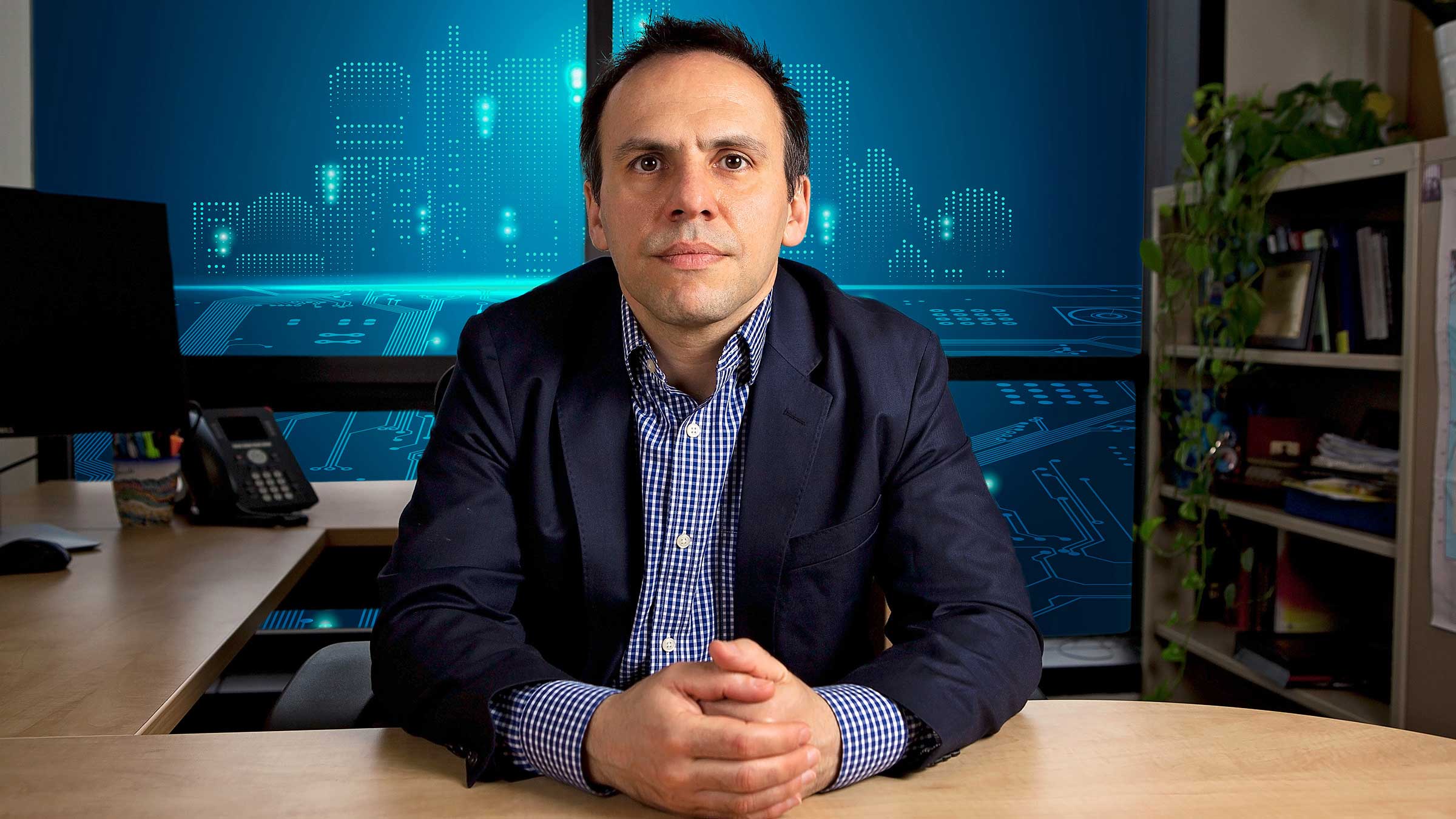Award
2018 NSF Career Award Winner
Department
Bradley Department of Electrical and Computer Engineering
What is the impact of your research?
My research advances our understanding of unique patterns in data collected from electric grids and discovers novel uses for smart power inverters in grid monitoring and control. Enhancing situational awareness in power distribution grids benefits society by enabling the efficient and reliable integration of distributed renewable energy (such as rooftop solar panels), electric vehicles, and customer participation. The expected benefits to industry are cutting-edge grid analytics solutions, advanced asset management, and value added for inverters and smart meters.
The proposed activities bring about a potentially transformative paradigm for grid data processing, neatly integrated with educational and outreach objectives. The program reaches pre-college female students through hands-on learning activities and collaborative app-based games on electric grids. It also involves undergraduate students and continues the PI's outreach to undergraduate students through visits to residential communities.
A graduate-level course on power distribution systems with emphasis on multi-phase analysis, optimization, and learning will be offered in class and online for students and practitioners alike. Beyond the standard channels of conference and journal publications, the program results will be disseminated to industry and academia through a comprehensive tutorial on distribution grid analytics to be presented in a conference and webinar format.
What do you like most about the field of computer and electrical engineering?
The multitude of options it has to offer to its graduates. In particular for my field, electric power systems and smart grids are undergoing a transformation with the integration of several new technologies, including smart meters, demand-response programs, renewable energy (wind and rooftop solar panels), electric vehicles, energy storage options. All these technologies introduce challenges and opportunities for challenging problems to be solved by our graduates.
What path did you take to get to this point in your career and research?
After completing my undergraduate education at the University of Patras, Greece, and getting my Ph.D. from the same university, I came to the US for a postdoctoral research program with the University of Minnesota in Minneapolis. I joined Virginia Tech in 2015.
When you are not researching, what do you enjoy doing in your spare time?
With the responsibilities of a tenure-track faculty position, there is not much spare time. The little time that is left, I spend it with my 1.5-year-old son, hiking, and running.
